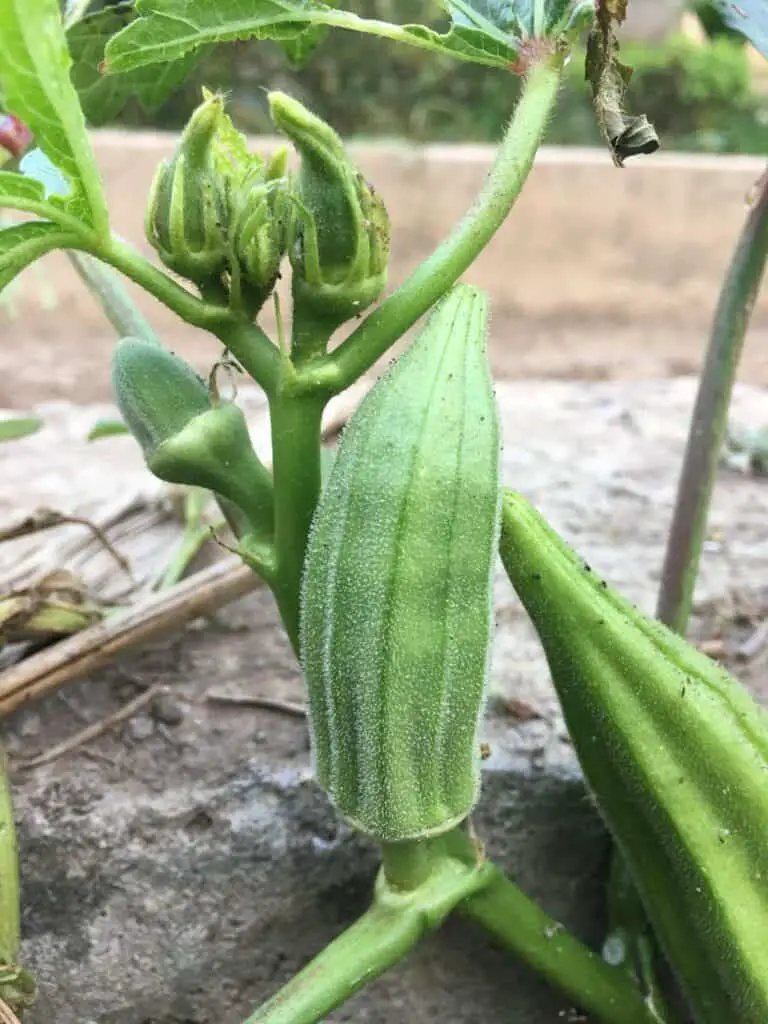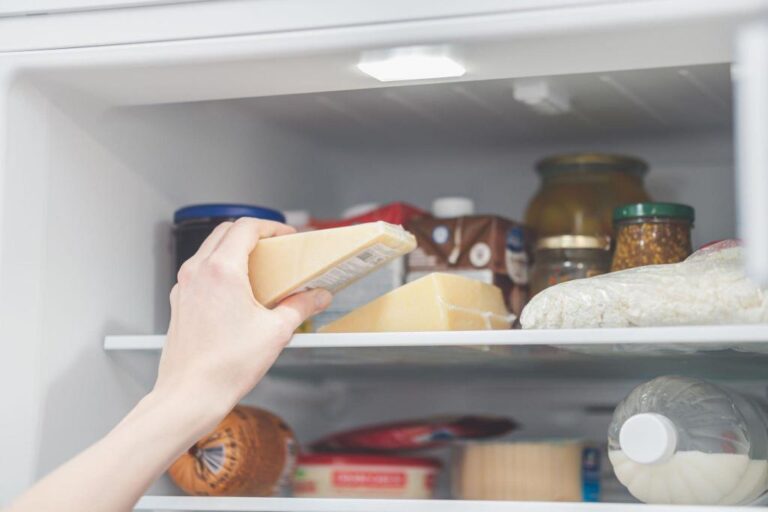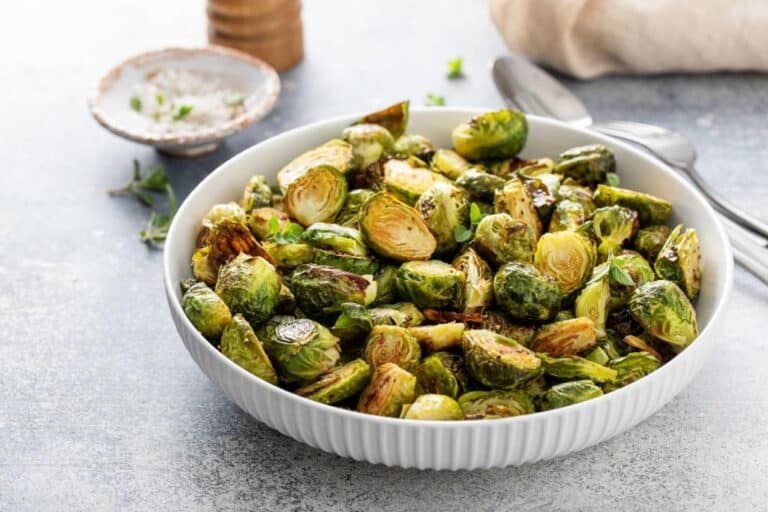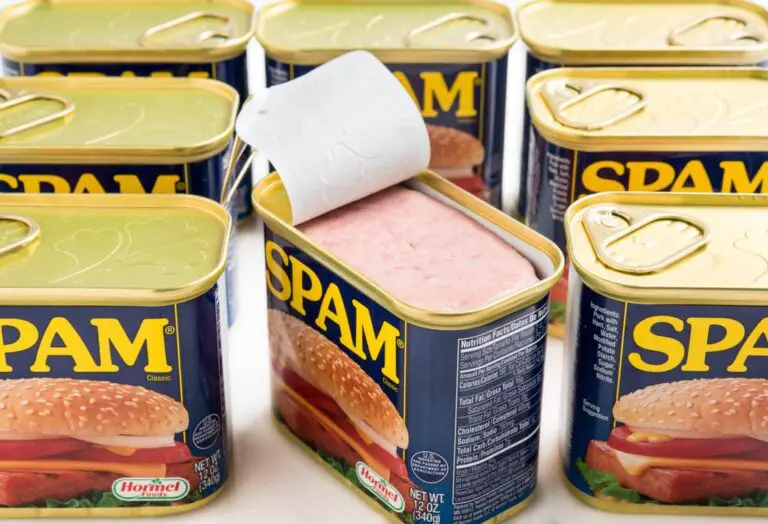Does Honey Need To Be Refrigerated After Opening? How To Store It?
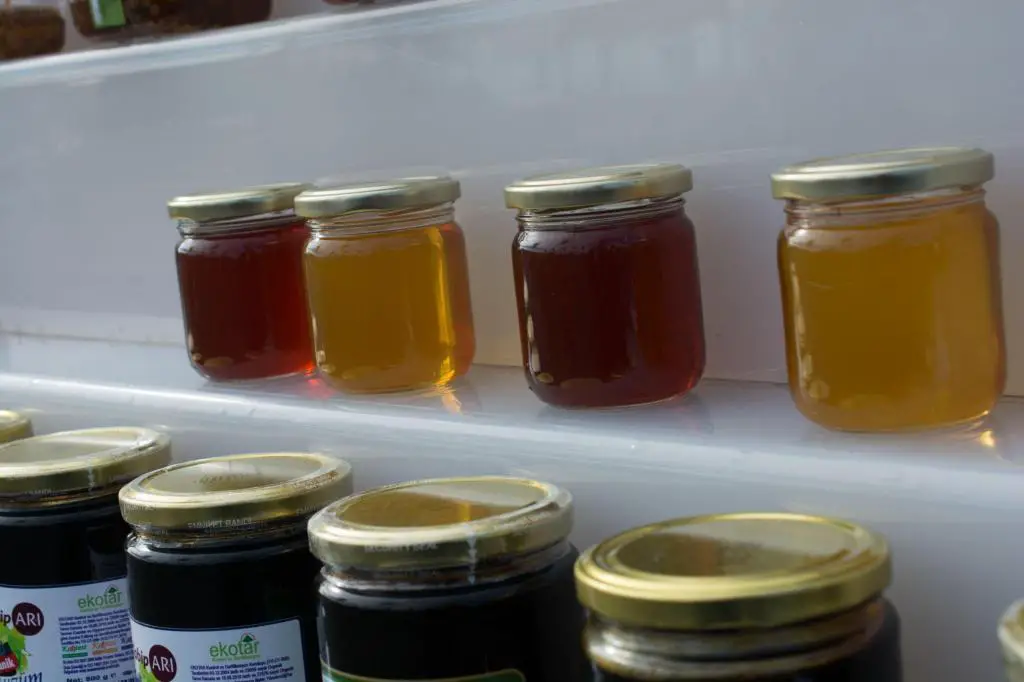
Honey is a sweet and versatile ingredient that has been enjoyed for centuries. Whether you use it as a natural sweetener in your tea or as a key ingredient in your favorite recipe, it’s important to store it properly to ensure its freshness and quality. One common question among honey lovers is whether honey needs to be refrigerated after opening.
So, does honey need to be refrigerated after opening? Honey can last for a long time without being refrigerated, but doing so may change the way it feels and looks.
In this blog post, we’ll dive into the world of honey storage, separating fact from fiction, and providing you with the knowledge you need to keep your honey at its best.
So, if you’re a fan of this golden liquid and want to make sure it stays delicious and nutritious, read on!
Honey Basic and It’s Composition
Honey is a sweet, thick liquid that honeybees make from the nectar of flowers. It is a complex mixture of sugars, enzymes, minerals, vitamins, and other compounds that are vital for the survival of bees. The main sugars found in honey are fructose and glucose, which provide energy to the bees. In addition, honey contains antioxidants, enzymes, and minerals such as calcium, iron, and potassium.
One of the unique properties of honey is its high sugar content, which acts as a natural preservative. Honey has a lot of sugar, which makes it less friendly to bacteria and other microorganisms. These compositions slow down the process of honey going bad. Also, enzymes in honey, like glucose oxidase, break down glucose into hydrogen peroxide, which helps keep the honey fresh and keeps it from going bad.
Honey’s composition and properties are highly dependent on the type of flower from which the nectar was collected. For example, the kind of flowers that bees visit can have a big effect on the color and taste of honey.
You may taste that honey from clover will have a mild, sweet flavor, while honey from lavender will have a stronger, more pungent flavor. Also, different regions and climates can change the way honey is made, which can change its color, smell, and taste.
Overall, honey is a complex substance with many different components that work together to give it its unique flavor, aroma, and preservation qualities.
Does Honey Need To Be Refrigerated After Opening?
Honey is a hygroscopic substance, which means it attracts and holds water. This characteristic helps preserve honey and prevents it from spoiling.
Honey is also a natural preservative because it has a lot of sugar in it. This sugar stops bacteria and other microorganisms from growing. Because of this, honey doesn’t need to be kept in the fridge and can be kept at room temperature for a long time.
However, refrigeration can have an impact on the texture and consistency of honey. Honey is known to crystallize over time, and refrigeration can speed up this process.
When honey gets cold, the sugar crystals in it start to solidify. You will find it thicker and more crystalline. While this is perfectly safe for you to consume, you may find it unappealing. If you prefer a smoother, more liquid consistency, you can place the honey in a warm water bath or heat it gently to reverse the crystallization process.
What Is the Shelf Life of Opened and Unopened Honey?
Everyone should have honey in their home, whether they enjoy baking or are simply looking for a healthier alternative to refined sugars. However, one question that often arises is how long honey lasts, both opened and unopened.
First, let’s take a look at some unopened honey. Unopened honey can last for years, if not decades, when stored properly. The high sugar content of honey acts as a natural preservative, inhibiting the growth of bacteria and other microorganisms. As a result, unopened honey does not spoil and can be stored at room temperature or in a cool, dry place without refrigeration.
However, once honey is opened, the shelf life may be shorter. Opened honey can last for several months to a year or more, depending on the conditions in which it is stored. So, you need to keep your opened honey in an airtight container to prevent moisture from entering and to avoid contamination.
Can Honey Crystallize in the Refrigerator?
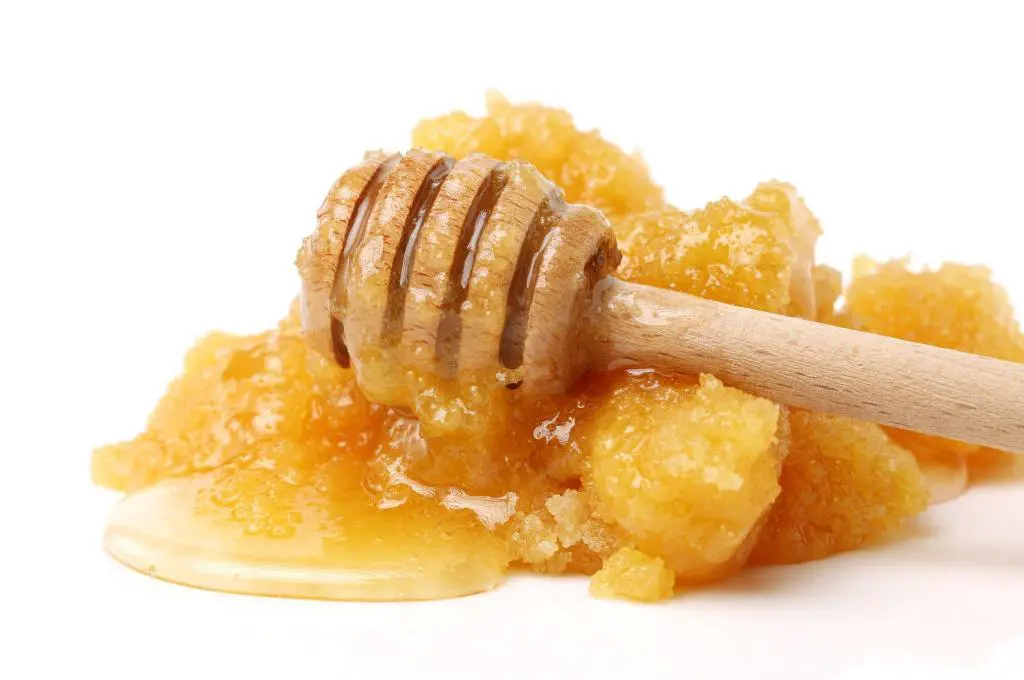
Many people are wondering whether honey can crystallize in the refrigerator. This is a common question, since refrigeration is often used to keep food fresh and keep it from going bad. We’ll look into the question of whether honey can harden in the fridge and give you the facts.
Honey can crystallize over time, no matter how it is stored, because it has a lot of sugar in it. This happens when the honey’s sugar crystals solidify, making the honey thicker and more crystalline.
Honey often turns into crystals in the fridge. The cold temperature can speed up the crystallization process. Because the temperature is low, the sugar crystals in honey solidify more quickly. This accelerates and clarifies the crystallization process. Even though this is safe to eat, many people don’t like it and prefer something smoother and more liquid.
In addition to refrigeration, things like the type of honey and how it is stored can also affect how quickly and how much it crystallizes. For example, some kinds of honey are more likely to crystallize than others. Storing honey in an airtight container can help keep it from getting crystallized. By knowing what causes crystallization and taking steps to stop it, you can help your honey stay fresh and tasty.
Best Practices for Storing Honey
When it comes to preserving the quality and shelf life of honey, it’s important to follow some best storage practices. Here are some tips for you to store honey properly:
- Store honey in a cool, dry place. Keeping honey in a room with a stable temperature and low humidity is ideal for preserving its quality. Ideally at room temperature between 50-70°F. Don’t put honey near heat sources like radiators or ovens or in damp places like bathrooms or by the sink.
- Keep the lid tightly sealed. To prevent the honey from attracting moisture and other impurities, make sure the lid is tightly sealed after each use. If the lid is loose or damaged, replace it with a new one to keep the honey fresh.
- Don’t mix old and new honey. When storing honey, it’s important to avoid mixing old and new honey. This can cause the old honey to spoil more quickly, and may also impact the freshness and quality of the new honey.
- Store honey away from strong odors. Honey can absorb strong odors from its surroundings, so it’s best to store it away from strong-smelling items such as spices or perfumes.
- Use a dark container. Light can cause honey to deteriorate, so it’s best to store it in a dark container, such as a glass jar or a plastic container with a tight-fitting lid. Don’t use a clear container because it will let light in and change the taste of the honey.
- Avoid storing honey in metal containers. Honey should not be stored in metal containers, like metal can or metal in fridge, as the metal can react with the honey and cause it to spoil. Glass, ceramic, or plastic containers are the best options for storing honey.
By following these best storage practices, you can ensure that your honey stays fresh and delicious for a long time. Just remember to store it in a cool, dry place, keep the lid tightly sealed, and use a dark container to protect it from light.
Comparison of Storing Honey in Fridge vs Open Space
| Criteria | Storing Honey in Fridge | Storing Honey in Open Space |
| Crystallization | Slows down the process | Accelerates the process |
| Flavor and Aroma Preservation | Preserves for longer | May cause loss over time |
| Spoilage Prevention | Helps prevent due to high humidity and temperature fluctuations | May result in spoilage due to high humidity and temperature fluctuations |
| Storage Space | Takes up valuable refrigerator space | Does not take up valuable storage space |
| Consistency | May take longer to reach desired consistency | Can be used immediately with no wait time |
| Exposure to Air and Light | Stored in a closed environment, reducing exposure | Exposed to air and light, which can cause deterioration |
How to Know If Honey Is Gone Bad?
Honey, as with any food product, can go bad over time. Knowing how to determine if honey has gone bad is important, as consuming spoiled honey can cause illness. In this article, we will explore the topic of how to know if honey has gone bad and provide you with the signs to look for.
The first sign of spoiled honey is a change in appearance. Fresh honey is typically golden in color and has a smooth, viscous consistency. If the honey has gone bad, it may appear darker and become thicker and more crystallized.
The color and texture changes can be due to the presence of yeast and bacteria in the honey. You may also notice an off-odor or a sour taste, which indicates that the honey has gone bad.
Another way to determine if honey has gone bad is to perform a spoilage test. This test is simple and can be done by placing a small amount of honey on a piece of bread. If the bread becomes moldy or grows any type of fungus within a few days, this is a clear sign that the honey has gone bad.
Another option is to mix a small amount of honey with warm water. If the honey dissolves easily and the water remains clear, the honey is still fresh. However, if the honey forms lumps or the water becomes cloudy, this is an indication that the honey has gone bad.
It is also important to note that some types of honey are more susceptible to spoilage than others. For example, honey that is raw and unpasteurized is more likely to spoil due to the lack of preservation methods used during processing.
On the other hand, honey that has been processed, sterilized, and packaged correctly is less likely to go bad because it has preservatives and doesn’t have bacteria or yeast.
Conclusion
In conclusion, honey does not need to be refrigerated after opening, as long as it is stored properly. Storing honey in a cool, dry place, away from direct sunlight and strong odors, and in an airtight container will help to maintain its freshness and quality over time.
Even though honey doesn’t need to be kept in the fridge, it can help slow down the natural process of crystallization. By following these simple tips for storing honey, you can make sure it stays tasty and fresh for as long as possible.


